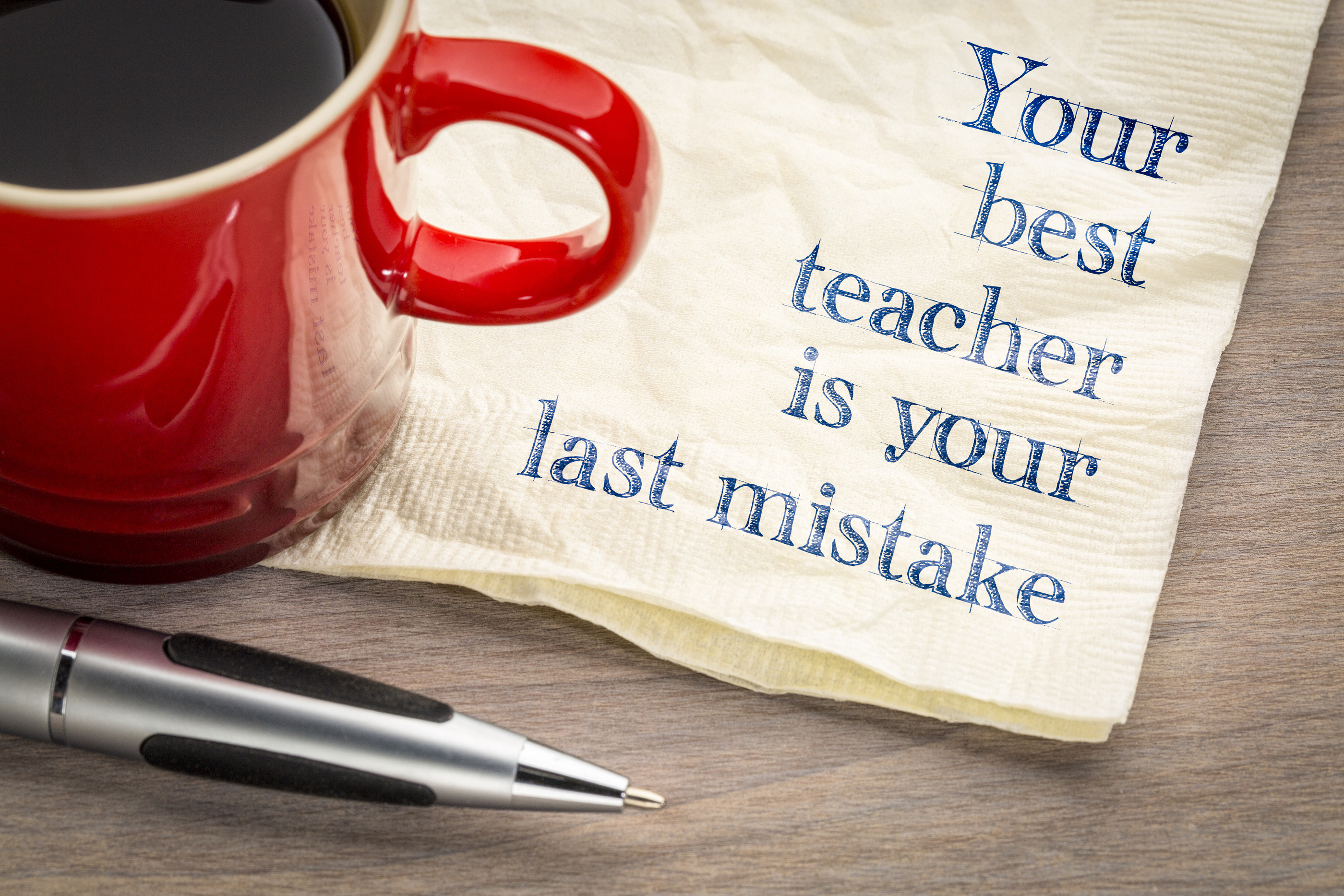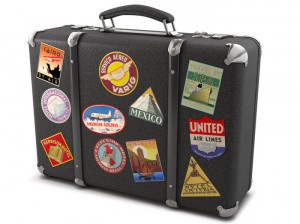Showing posts with label Pre-intermediate. Show all posts
Showing posts with label Pre-intermediate. Show all posts
Wednesday, October 2, 2019
QUESTIONS
HAPPY NEW ACADEMIC YEAR 2019-2020!

This academic year I am going to teach English to A2 language learners.
I hope you find the new posts and resources useful for the level.
This is the coursebook we are going to use in class:

Cambridge English Empower for Spanish Speakers A2 Learning Pack (Student’s Book with Online Assessment and Practice and Workbook) by Adrian Doff, Craig Thaine, Herbert Puchta, Jeff Stranks, Peter Lewis-Jones. ISBN 9788490360200
At this stage of your learning process, do not forget that ...



Thursday, May 7, 2015
SPORT
SPORTS from eoi.soraya
LET'S SUPPORT SPAIN
Watch the following advertisement
broadcast by Sky Sports in which football fans of Great Britain and
Ireland were encouraged to support the Spanish national football team
for the Euro Cup.
 EXERCISES
EXERCISES
Monday, April 27, 2015
MODAL VERBS
Thursday, April 23, 2015
SPEAKING
Monday, April 20, 2015
Monday, April 13, 2015
COMPARATIVES AND SUPERLATIVES
Two-syllable adjectives ending in -y have -ier and -iest as their comparative and superlative. For example:
| pretty | prettier | prettiest |
| happy | happier | happiest |
| dirty | dirtier | dirtiest |
| messy | messier | messiest |
- Yours is the messiest room I have ever seen.
- She was the prettiest and happiest girl at the party.
| simple | simpler | simplest |
| clever | cleverer | cleverest |
- The cleverest solution to any problem is usually the simplest one.
Others,
particularly participial adjectives formed with -ing and
-ed and those ending in -ious and -ful form
their comparatives and superlatives with more and most:
With some two-syllable adjectives, er/est and more/most are both possible:
|
|||||||||||||||
Three
or more syllable adjectives take more or most in the comparative
and superlative except for two-syllable adjectives ending in -y
and prefixed with un-:
| |||||||||||||||
| (c) Adapted from http://www.bbc.co.uk/worldservice/learningenglish/grammar/learnit/learnitv140.shtml | |||||||
A good song to revise comparatives is the following one:
Harder, Better, Faster, Stronger by Daft Punk
If you want to revise superlatives,
listen to The Hardest Part by Coldplay
Watch the following video in which lots of comparatives and superlatives are used.
Etiquetas:
2014/2015,
Comparatives and Superlatives,
Grammar,
Pre-intermediate
FILMS
Guess the movie from eoi.soraya
Do you remember when Penélope Cruz and Javier Bardem won the Academy Awards for best supporting actress and actor respectively?
Do you remember when Penélope Cruz and Javier Bardem won the Academy Awards for best supporting actress and actor respectively?
Click on the following link to revise some FILM VOCABULARY
Wednesday, April 1, 2015
CLOTHES
Click on the following link to fill in the gaps with the suitable word:
Are you a shopaholic?
Do the following quiz and find it out!
Tuesday, March 17, 2015
HAPPY ST PATRICK'S DAY
Monday, March 16, 2015
PRESENT PERFECT
Etiquetas:
2014/2015,
Pre-intermediate,
Present perfect
Wednesday, February 25, 2015
FINAL EXAMS

By clicking on the image below you can read and download the Students' Guide where you will find useful information with regard to final exams.
Monday, February 2, 2015
TRAVEL, TRIP OR JOURNEY
Watch the following video to learn about the difference between travel, trip and journey:
Trip (n.)
The act of going to another place (often for a short period of time) and returning.
- We took a five-day trip to the Amazon.
- You’re back from vacation! How was your trip?
- I went on business trips to Switzerland and Germany last month.
Travel (v.)
Going to another place (in general).- I really like to travel.
- He travels frequently for work.
- My sister is currently travelling through South America.
- Travel in that region of the country is dangerous.
- World travel gives you a new perspective.
Incorrect uses of travel:
- How was your travel?
How was your trip? - I’m planning a travel to the U.S. next year.
I’m planning to travel to the U.S. next year.
I’m planning a trip to the U.S. next year.
Journey (n.)
One piece of travel (going from one place to another) – usually a long distance.- The journey takes 3 hours by plane or 28 hours by bus.
- He made the 200-mile journey by bike.
- “A journey of a thousand miles must begin with a single step” – Lao-tze, Tao Te Ching
Source: http://www.espressoenglish.net/difference-between-travel-trip-and-journey/
Tuesday, January 27, 2015
FUTURE FORMS: PRESENT SIMPLE, PRESENT CONTINUOUS, GOING TO, WILL
MOCK EXAMS - FEBRUARY 2015
The
written exams will take place from the 16th to the 17th February.
Check below the time and date of your oral exam:
MUSIC
Thursday, January 22, 2015
LISTENING SKILL: FURTHER PRACTICE

Do you want to improve your listening skill?
In the following sites, you can have further listening practice:
- Randall’s Cyber ESL Lab: Listening activities for all levels.
- Lyrics Training
- English Listening
- TalkEnglish
- SoundsEnglish
- CDLP

SUBJECT / OBJECT QUESTIONS
PAST SIMPLE AND PAST CONTINUOUS
Thursday, January 8, 2015
NEW YEAR'S RESOLUTIONS
 There is a very strong tradition to make New Year Resolutions on January 1st. This is done to give away old bad habits and adopt better ones.
There is a very strong tradition to make New Year Resolutions on January 1st. This is done to give away old bad habits and adopt better ones. Some of the most popular New Year resolutions include weight reduction, giving up smoking, junk food and being punctual.
Although many people fail to keep their resolutions a week after New Year's Day, the importance of making a fresh New Year's Day resolution every year is still the same.
Have you made any New Year's Resolutions?
Listen to the following dialogue and do the exercises
NEW YEAR'S RESOLUTIONS
Etiquetas:
2014/2015,
New Year Resolutions,
Pre-intermediate
Subscribe to:
Posts (Atom)



























